19, June 2020
US: Biden’s 12% lead portends Trump’s dramatic meltdown 0
US President Donald Trump’s approval rating is declining amid the ongoing coronavirus pandemic and protests against racial inequality and police brutality that have been sweeping the US, new polling shows.
A poll released Thursday by FOX News found that Democratic presidential candidate Joe Biden continues to lead Trump in the race for the White House.
The survey, conducted between June 13-16, asked participants how they feel about the Republican president’s performance in things like the economy, race relations and health care.
The poll shows 55 percent of respondents said they did not approve of the job Trump is doing as president overall, while 61 percent said they disapproved of his handling of race relations, and 53 percent said they disapproved of the way Trump is handling health care.
The poll found Biden leads Trump by a 50-38 percent margin, a statistically significant 12-point advantage and up from Biden’s 8-point lead last month.
Trump has been condemned over his response to the ongoing COVID-19 pandemic and nationwide protests against police brutality.
Trump responded aggressively to the protests and vowed to send the military into states that couldn’t contain the demonstrations.
The fallout from the novel coronavirus pandemic has also been severe. Layoffs caused by the Covid-19 coronavirus pandemic in the United States have passed 45.7 million, raising fears that despite some positive signs, the economy faces a halting recovery from the downturn.
The Fox News poll follows a separate survey released Tuesday by the Associated Press and NORC Center for Public Affairs Research, which found that Americans are deeply unhappy about the state of their country, citing Trump as a factor worsening those concerns.
The AP-NORC poll found that most Americans — including 63 percent of Republicans said the US is heading in the wrong direction. Just 24 percent said the country is headed in the right direction, down from 33 percent a month ago and 42 percent in March.
Source: Presstv
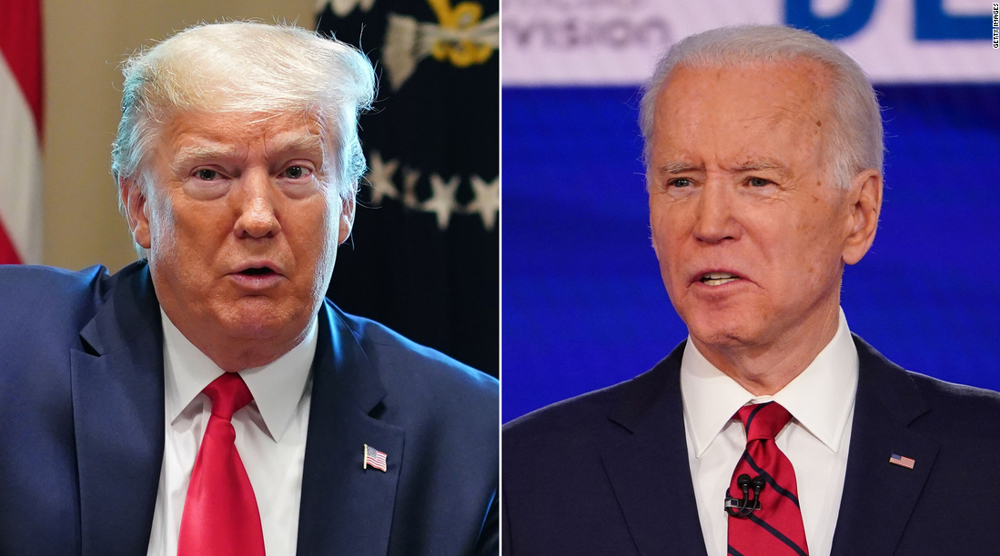
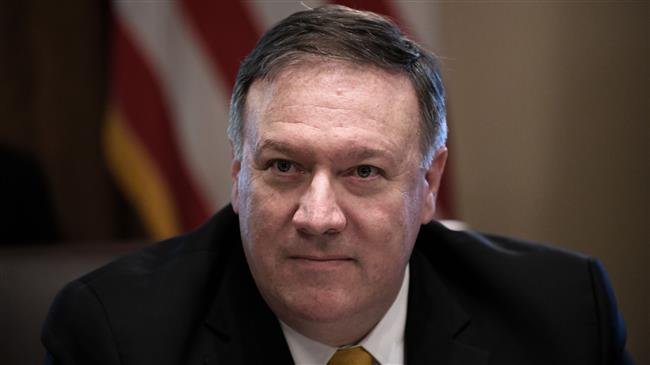

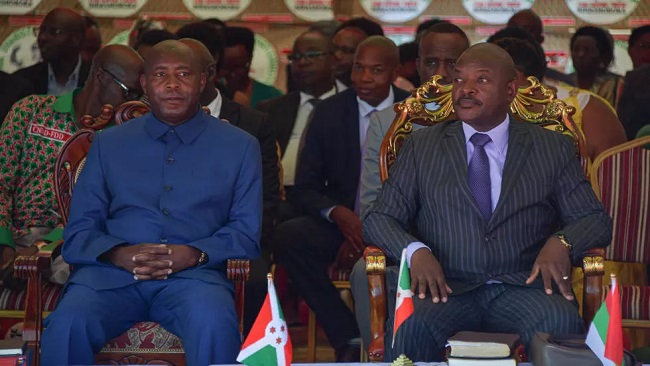


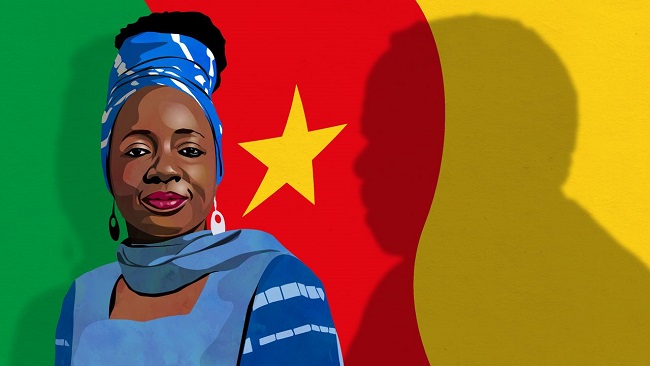
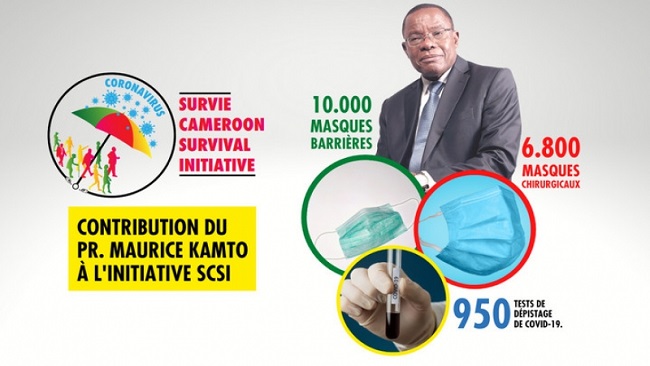
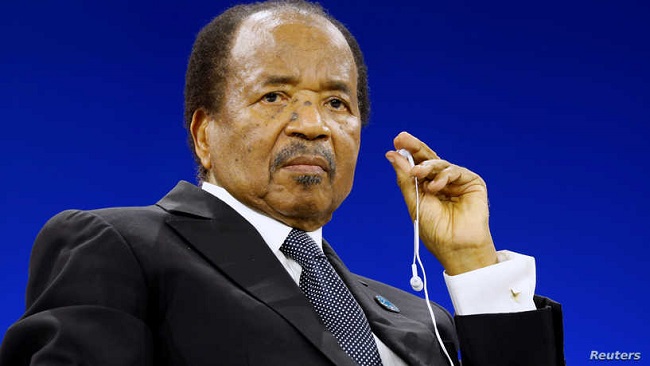



















19, June 2020
Manyu Project: Our destiny is in our hands 0
For far too long, the people of Manyu Division have always held that their destiny is in the hands of other people, especially in the hands of their leaders and the government.
Time is gradually proving that this mentality belongs to a different epoch. Many communities around the world have developed thanks to their deep sense of self-help and community efforts.
Over the years, the Jews, Indians, Bamilekes and Igbos have made self-help the cornerstone for the development of their regions and people.
The Jews are dominating many sectors of the global economy because they know how to pull their resources. Indians have taking over many sectors of the North American economy because of their developed sense of unity.
Igbos and Bamilekes have used this age-old business and wealth creation principle to transform the lives of their people. The Chinese know that if you want to go very fast, then you have to go alone, but if you want to go very far, then you must go with other people.
Only Manyu people are yet to understand that if their destiny must change, then they must make common cause. If they need to see their region develop, then they must work together.
Arrogance, greed and bloated egos are still standing in the way of collaborative efforts among Manyu people.
The region still has a very dangerous mentality. Many Manyu people still feel diminished when others get known. The fear that others might get known pushes them into a destructive mentality.
If an idea is not theirs, then it must be killed. Though they lay claim to intellectual development, their actions and behavior still leave much to be desired.
Education, as conceived by Charlemagne, was designed to help revolutionize human thinking. Great philosophers such as Aristotle, Plato and Socrates have used their education to foster human development and development.
But the education that the people of Manyu lay claim to is completely at variance with the initial objectives of Western education and this explains why his own part of the world is and will always be like a war zone.
But it cannot and should not always be that way. The people of Manyu must understand that there is power in numbers and they have the numbers.
They must come to terms with the fact that if they work together, they will not continue to blame their leaders who have very little resources and leeway to achieve what they expect of those leaders.
While the leaders can be instrumental in the success of some projects, it should be known that they cannot have their finger in every pie.
They lack the silver bullet. The midas’ touch can only be developed if each and every son of Manyu brings their contribution to the edification of a better and more modern Manyu.
The Manyu Project, a self-help effort comes in to fill that gap that has been holding the Division back.
The initiative, made in the mould of other initiatives that have succeeded elsewhere, will go a long way in giving the Division a facelift.
The business model is easy. The financial burden will be light. With just CFAF 1,000 from every son and daughter of Manyu Division around the world, Manyu will grow by leaps and bounds.
For those living in Cameroon, an MTN money transfer number has been set up. A GoFundMe account is being set up for people in North America and Europe.
Our destiny is in our hands. We cannot continue to blame others for our misfortune. We have a chance to either make or mar our Division.
The ball is in our court. We have to make the most of it. Ours will be a kingdom of happiness if we pool our resources to achieve our common goal.
By Dr Joachim Arrey